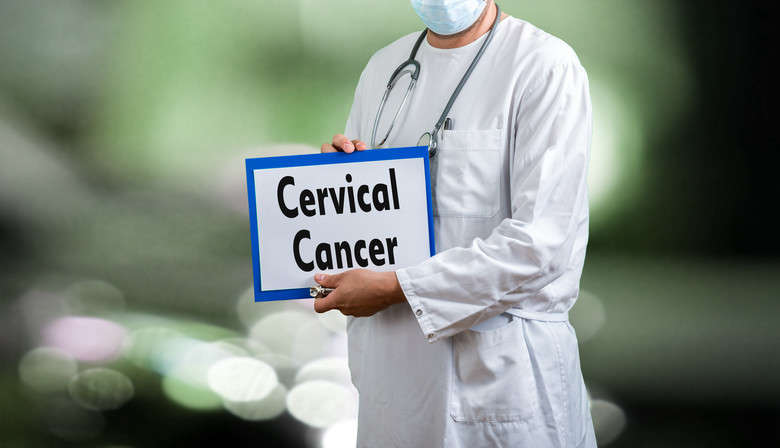Very friendly and super helpful with any questions I had. Very clean and calm atmosphere, all the staff were kind.
Read More
Cervical Cancer Prevention
Posted: Sep 17th, 2016 at 12:00AM

We all know cervical cancer is a killer. Every year around 12,000 women are diagnosed with this frightening disease and 1 in 3 will die from it.
Cancers develop when abnormal cells (cancer cells) begin to grow out of control. The type of cancer depends on the part of the body that the disease starts in. Cervical cancer begins in the opening of the uterus at the top of the vagina. Cancers can start in one area and spread to other organs and tissues in the body if left untreated.
One of the leading causes of cervical cancer is the human pappillomavirus (HPV) which is a sexually transmitted disease. CDC estimates that nearly 1 in 4 people, or 80 million individuals are currently infected with HPV in the United States and 14 million more become infected each year. Most of these infections go away on their own, but for a small percentage HPV can cause cancers including cervical cancer.
Luckily, cervical cancer is treatable and preventable in many cases with early detection and a vaccine. The CDC recommends all women between 21 and 65 years old receive a PAP test to detect early precancerous cells. Depending on a woman's risk factors, she may not need another PAP test for three years. Another test that can be done at the same time as the PAP test is a test for HPV infection. This test is recommended for woman over 30 and should be repeated every five years. Both tests can detect cancers early so treatment can be started before they spread.
If you don't have your own doctor, or are uninsured, there are resources for free and low cost cervical cancer screenings. The CDC offers the National Breast and Cervical Cancer Early Detection Program (NBCCEDP) for low-income, uninsured, and underserved woman across the United States. The program offers access to PAP and HPV testing, as well as other women's health services to women who meet the NBCCEDP qualifications here.
A vaccine protecting against four of the most common cancer causing strains of HPV was released in 2006. More recently a vaccine protecting against five additional strains was released. These vaccines are recommended for the prevention of certain types of cancers as well as genital warts for boys and girls starting at age 11-12. The vaccine is started at this age to protect children before any sexual contact has occurred and because studies have identified increased immune response among this age group. Women who have not started the vaccine series may begin the series through age 26, and men may begin the series through age 21. Some individuals may be able to receive the vaccine outside of the recommended age group and can consult a doctor or clinic for more information.
e7 Health can provide the comprehensive nine-strain HPV vaccine to individuals between the ages of nine and 26. If you are interested in getting protected with the vaccine but are not within the age guidelines, feel free to make an appointment with one of our clinicians to discuss receiving the vaccination.

I came to E7 health for a physical exam for employment. Staff was very professional, And I was in and out in thirty minutes
Read More
Staff was extremely friendly, I was able to walk in without an appointment.
Read More
Very friendly, informative, and well versed. Felt well taken care of by the doctor and all the staff. Fast, friendly, considerate, all staff met.
Read More
I was here for an employment physical. They are amazing! I was in and out in less than 10 mins.
Read More
J was super helpful. Very quick and easy.
Read More
Rachel was amazing and I was in and out so quick ! Ready to start my new job ! Thanks 🥰
Read More
J was awesome at talking me through my first time getting blood taken. The doctor that also did my physical was quick and very thorough when letting me know the next steps for getting the test results back :)
Read More
















